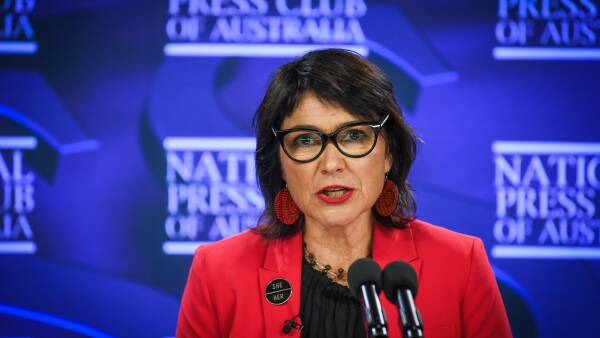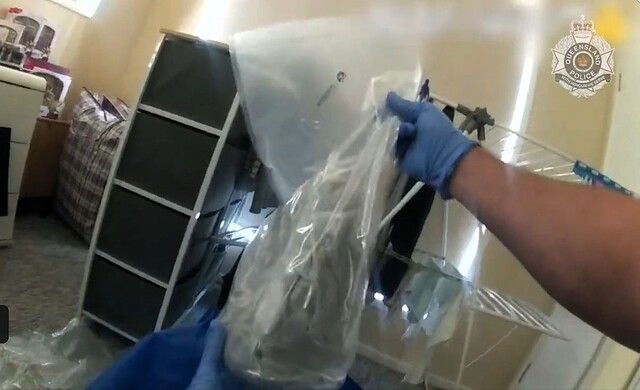
Australia’s Sex Discrimination Commissioner, Dr. Anna Cody, has called for a ban on the use of non-disclosure agreements (NDAs) in cases of sexual harassment within both the public and private sectors. Speaking at the National Press Club on March 15, 2024, Dr. Cody emphasized that these agreements often silence victims, preventing them from reporting instances of harassment, discrimination, or assault they may have encountered in the workplace.
Dr. Cody, who has been in office for two years, stated that NDAs create a “culture of silence” that hinders the identification of systemic issues contributing to workplace sexual harassment. She highlighted that victims often face additional barriers such as racism, visa insecurity, and cultural stigma, making it even more crucial to eliminate these agreements.
“It’s almost assumed by many employers that NDAs are a standard template for resolving discrimination cases,” Dr. Cody remarked. “We have a lot of work to do to stop that practice.” Currently, the Albanese government does not enforce the use of NDAs in workplace sexual harassment cases unless initiated by the victim-survivor, but this policy is not legally binding.
Legislative Changes Proposed
According to a report from The Saturday Paper, there have been two instances since 2022 where the use of confidentiality agreements has been raised to the Australian Public Service (APS) Commissioner. Dr. Cody proposed that any legislation should include provisions allowing confidentiality agreements if requested by the victim-survivor.
She noted that similar measures have been enacted in countries like Ireland and the UK, where legislation has successfully outlawed the use of NDAs in sexual harassment cases. “There’s certainly room for both government and private sector legislation to catch both of them as employers,” she stated.
The call for legislative reform comes on the heels of the 2021 Set the Standard report, which revealed that one in three individuals working in Parliament reported experiencing some form of sexual harassment. Additionally, a significant portion reported incidents of bullying.
The Australian Human Rights Commission released a comprehensive report in March 2024, revealing that many Australian workplaces are failing to effectively address sexual harassment. The report proposed eleven recommendations, including the introduction of civil penalties for employers who do not take adequate steps to prevent inappropriate behavior.
Systemic Changes Needed
Dr. Cody pointed out that at least two federal agencies have allegedly failed to fulfill their legal obligation to proactively reduce sexual harassment in the workplace. She emphasized that the introduction of positive duty laws represents a “vital shift” that reduces the onus on victims to report harassment. Despite this progress, she acknowledged that there is still considerable work to be done to reform workplace culture across Australia.
To further understand the prevalence and impact of workplace sexual harassment, Dr. Cody has advocated for a national survey to be conducted in 2026. This initiative aims to gather data that could inform future policy and legislative changes.
The pressing need for reform in handling workplace harassment cases reflects a broader societal shift toward accountability and transparency. As discussions continue, the voices of survivors and advocates like Dr. Cody remain crucial in shaping a safer and more equitable work environment for all.






